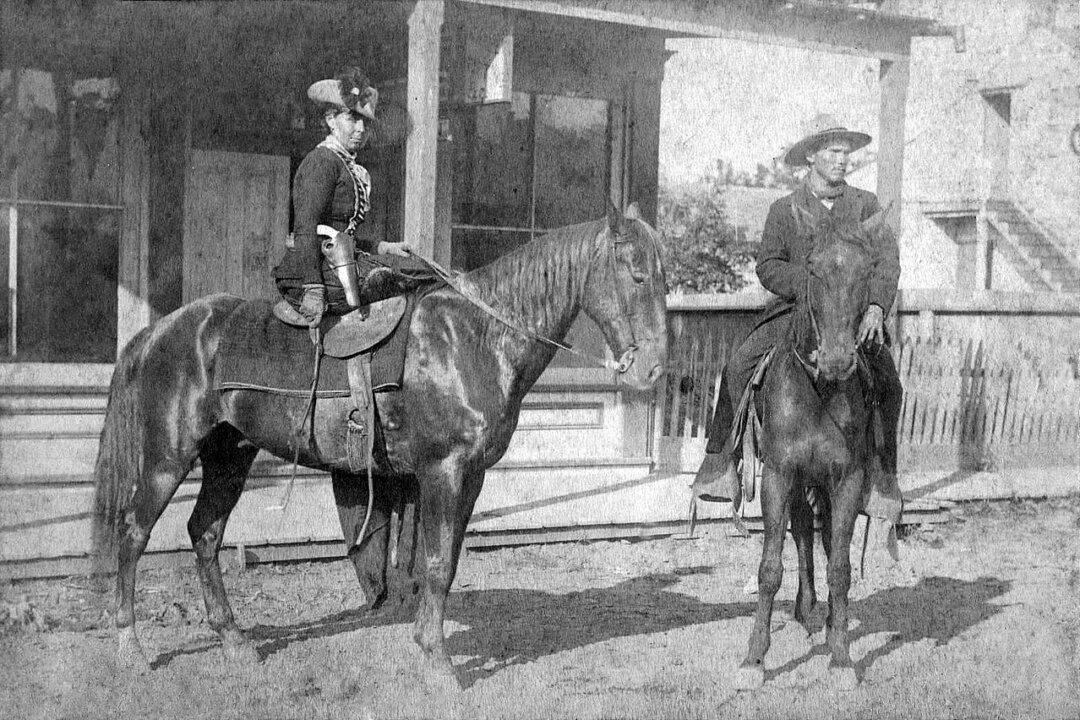Myra Marybelle Shirley was born near Carthage, Missouri, in 1848, well after the Missouri Compromise had been signed in 1820, and Missouri had been admitted to the Union as the 24th state in 1821. What was on the horizon after her birth, however, was great national distress.
A few years after her birth, Sen. Stephen Douglas authored a bill that promoted the idea of popular sovereignty, specifically concerning the institution of slavery, whenever new states were admitted. The Kansas-Nebraska Act became law in 1854, allowing for citizens to choose whether to make the new state slave or free. The compromise that undid the Missouri Compromise would help lead to a nationally compromising ordeal in the Civil War. Carthage, and Missouri as a whole, had a front-row seat to the war’s turmoil, violence, and chaos. Interestingly, Shirley’s life would go on to reflect the era.






